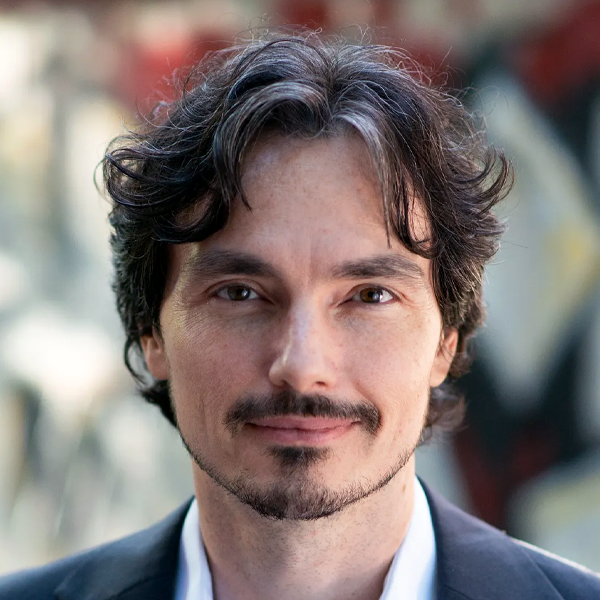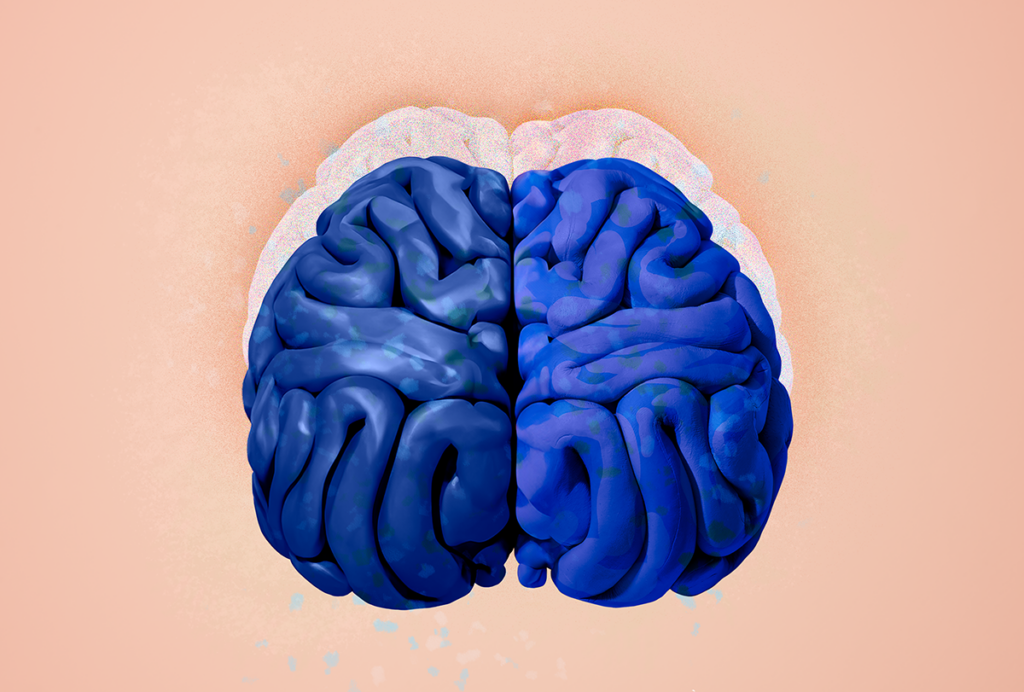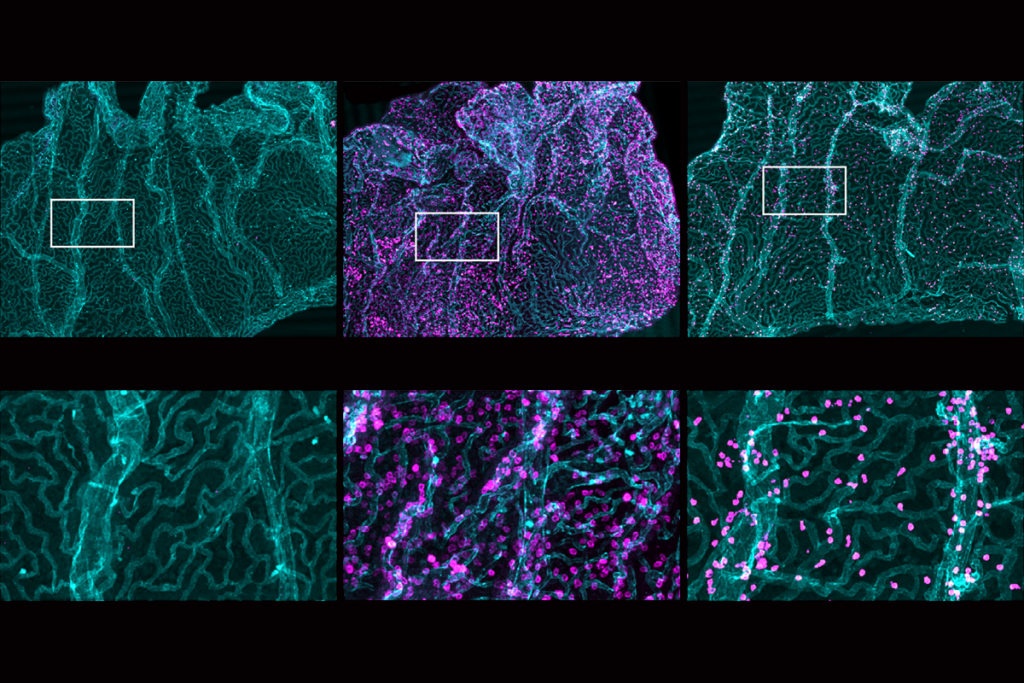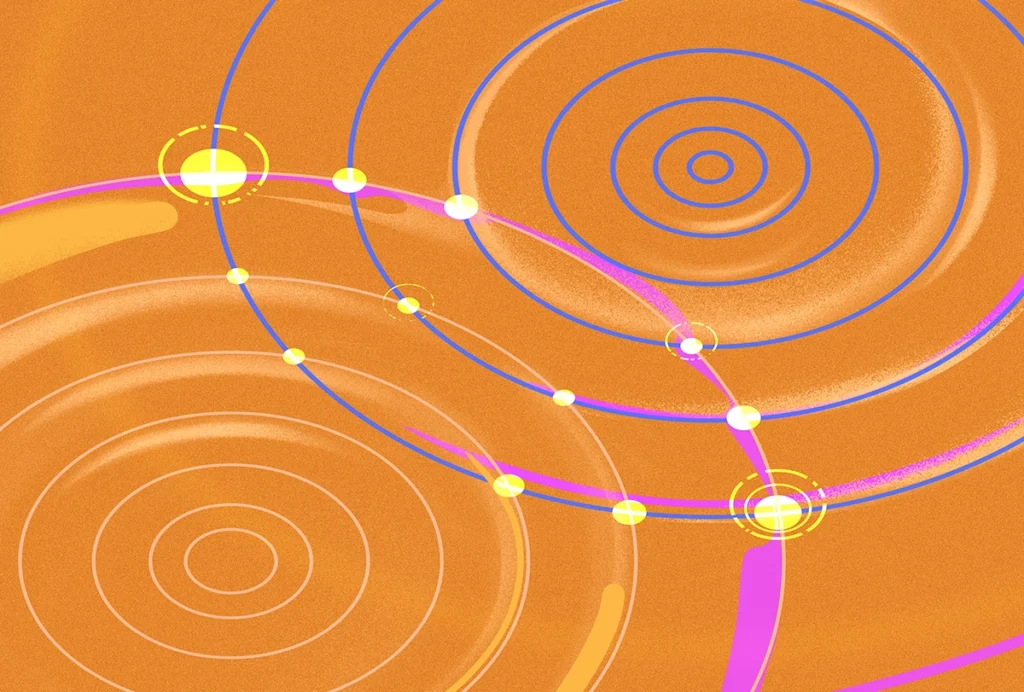Patrick Mineault is NeuroAI lead at the Amaranth Foundation in New York City, where he works on making artificial-intelligence systems safer through insights from neuroscience. Previously, he was senior machine-learning scientist at Mila, the Quebec AI Institute, a software engineer at Google, and a brain-computer interface researcher at Meta, where he worked on systems for typing through thought.
After earning a B.Sc. in physics and mathematics at McGill University, Mineault completed his Ph.D. in computational neuroscience at McGill, studying visual processing in the brain. He then conducted postdoctoral research at the University of California, Los Angeles’ David Geffen School of Medicine. Mineault was the founding chief technology officer of Neuromatch Academy, an online summer school in computational neuroscience and AI. He is currently writing a book on research software development for MIT Press. He writes a newsletter on NeuroAI at neuroai.science.



